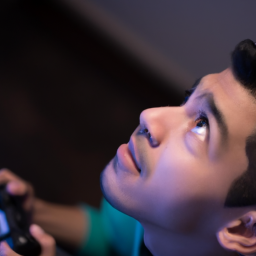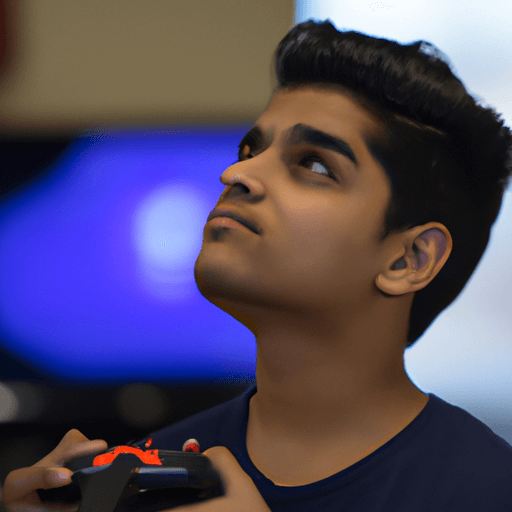199
Newsletter
Subscribe to our newsletter for exclusive content, latest news and trends, and exciting new features.
Categories
Health and wellnessMusic and EntertainmentTravel and tourism
TechnologyScience and naturePets and animalsFood and cookingSports and fitnessEducation and learningEnvironment and sustainabilityGaming and esportsBusiness and entrepreneurshipEntertainmentHome and gardenBeauty and personal careLiterature and writingLifestyleArts and culture





















Comments
Leave a Comment